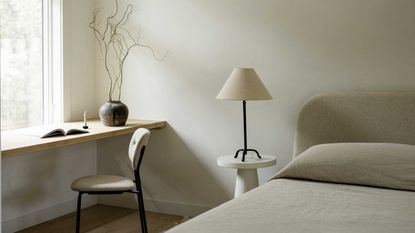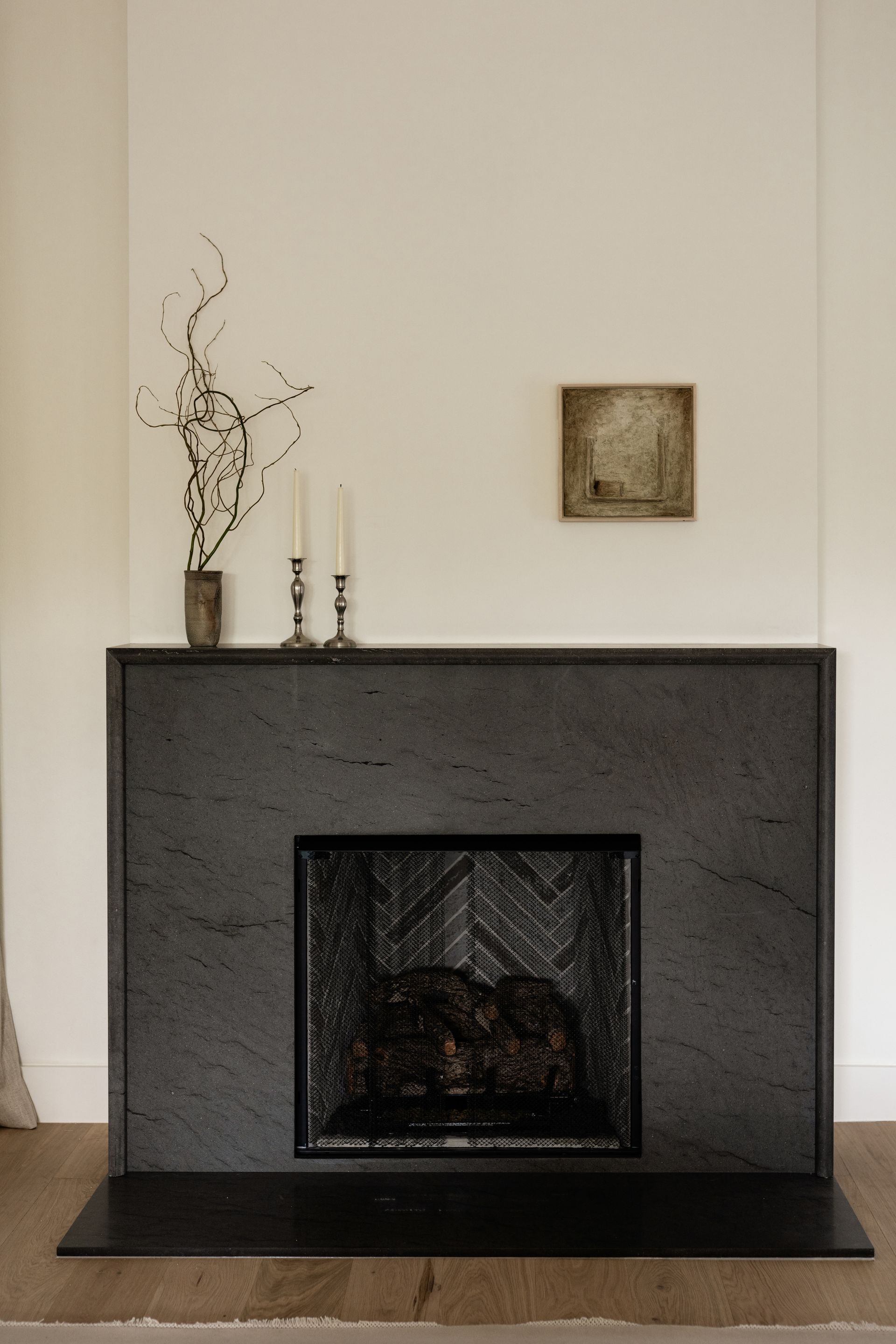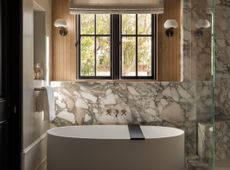3 Tell-Tale Signs That it's Time to Declutter Your Stuff (and How to Get it Done)
Declutter your home (and mind!) with these expert-approved tips for a tranquil space


There comes a time when the clutter inside your home reaches a head. After living with your junk for so long, you might not have noticed that a serious clear-out is in order but, according to experts, there are some tell-tale signs that act as good indicators.
If you're struggling with piles of clutter, sorting through your belongings can often feel like a monumental task. Clearing out items that no longer spark joy will help you to feel organized and create a more tranquil living space that's perfect for relaxing. But what are the signs, and where should you begin with streamlining your space?
To help you start decluttering, we asked professional organizers for the key signals it's time for a clear-out. Here are three you ought to know about, alongside expert-approved tips to have your home looking beautifully tidy in no time.
1. You feel overwhelmed by clutter

A very common problem when it comes to decluttering is simply not knowing where to start — especially if it's a job you've been putting off for a while. This may make you feel overwhelmed by your space, halting you in your tracks.
'If you find it challenging to navigate through your living space due to piles of items, excess belongings on surfaces, and an overall sense of disorganization, it's a clear indicator that clutter has taken over,' says Di Ter Avest, professional organizer and founder of Di is Organized.
More often than not, clutter is made up of items we delay making decisions on, either because it's stressful or because we may have an attachment to them, leading to decision fatigue. 'Once you have reviewed everything and found homes for things you want to keep, you may not have too much clutter,' says Ben Soreff, professional organizer at House to Home Organizing.
So where to begin? 'Start by tackling one area at a time,' says Di. This could be a room or specific category, such as books or clothes, and will help you mentally break up the task. 'Sort items into piles: keep, donate and toss. You can be ruthless in your decision-making and ask yourself if each item brings you joy or serves a practical purpose. After the purge, you can create designated storage spaces for the items you decide to keep.'
2. You waste time searching for belongings

Does desperately searching for your keys in a rush sound familiar? We all misplace things on occasion, but if it's happening too frequently then it could be a sign that a declutter is in order. 'If you frequently spend valuable time searching for misplaced items, whether it's your keys, important documents, or everyday essentials, it's a sign that your living space may be too cluttered,' says Di.
If this is something that you recognize happening in your life, all is not lost. The key action needed here is a good declutter, followed by some intentional organization. 'While organizing isn't about throwing stuff out, it is about putting things you are keeping where they belong,' says Ben. 'Store your items, based on frequency of use, by category.'
Implement simple storage solutions, by designating specific places for your more frequently used (and searched for!) items and label your storage spaces, recommends Di. 'Invest in storage solutions like bins, baskets, and shelves to help keep items in their designated places and regularly review and declutter these designated spaces to ensure they remain organized and functional,' she says. Items like this two-tier cabinet organizer from Amazon can be especially useful.
Often the volume of clutter isn't the issue, instead, it's a symptom of not having the time, patience, motivation, or ability to review your belongings, warns Ben. 'We want our surfaces free of items and we want to be able to find what we are looking for,' he says, and we couldn't agree more.
3. You feel stressed within your living space

You might find that your cluttered home is affecting your mindset. 'Feelings of stress, overwhelm, or anxiety when faced with your living space can be a clear indication that your environment is negatively impacting your mental well-being,' says Di.
Not feeling relaxed in your own home can feel distressing, but decluttering your belongings that you no longer need is the way forward. Think out with the old and in with the new— getting rid of items that don't make you feel happy makes space for ones that do.
'Take a mindful approach to decluttering by considering the emotional connection you have with your possessions,' says Di. 'Letting go of items that no longer serve a purpose or make you feel happy can be liberating.' A great decluttering tip she recommends is starting with small manageable tasks to avoid feeling overwhelmed. 'Consider seeking support from friends, family, or even professional organizers if the emotional attachment to certain items makes decluttering challenging,' she notes.
Now you're armed with these expert tips, it's time to go and cut that clutter once and for all!
Shop our top organizational picks

Price: $39.99
Dimensions: 13.19"D x 7.87"W x 10.63"H

Price: $8.23
Dimensions: 6'' H X 42'' W X 18'' D

Price: $15.29
Quantity: Set of 25 pcs (various sizes)
Be The First To Know
The Livingetc newsletter is your shortcut to the now and the next in home design. Subscribe today to receive a stunning free 200-page book of the best homes from around the world.

Ottilie Blackhall is a master’s Magazine Journalism student at City, University of London. After graduating from the University of Edinburgh, with a degree in English Literature and History of Art, she decided to pursue her love of writing and develop her passion for writing about literature and art. Having started a book review blog during lockdown, at City she is working on her portfolio.
-
 5 Things People With Flattering Bathrooms Never Have — (And You Shouldn't Either!)
5 Things People With Flattering Bathrooms Never Have — (And You Shouldn't Either!)Designers say you should avoid these five things if you want a bathroom that flatters your reflection and therefore uplifts your mood
By Oonagh Turner Published
-
 How to Organize your Bathroom for a Better Morning Routine — 6 Steps for a Seamless Start to the Day
How to Organize your Bathroom for a Better Morning Routine — 6 Steps for a Seamless Start to the DayThe ease of your morning routine can have a huge influence over the rest of the day, so make sure you optimize you space for a stress-free start to the day
By Lilith Hudson Published

